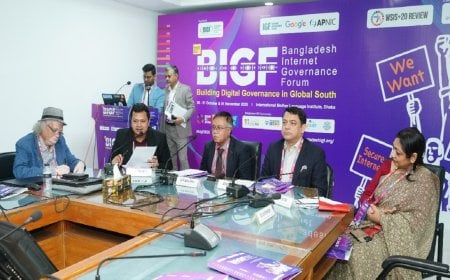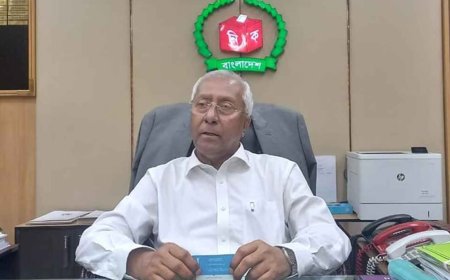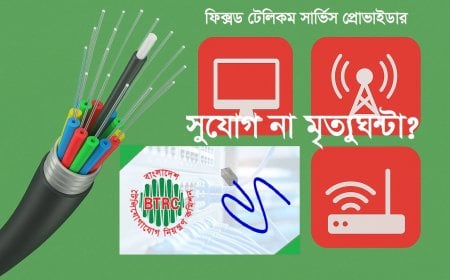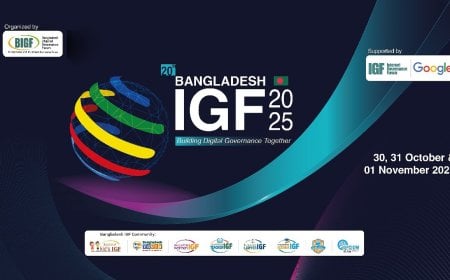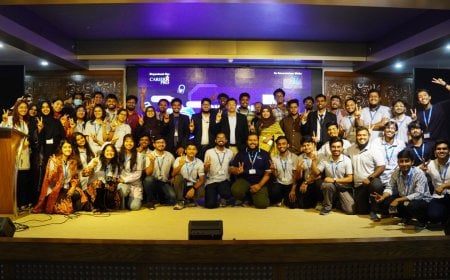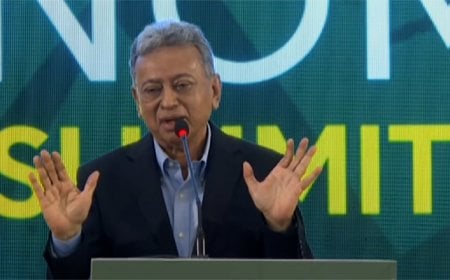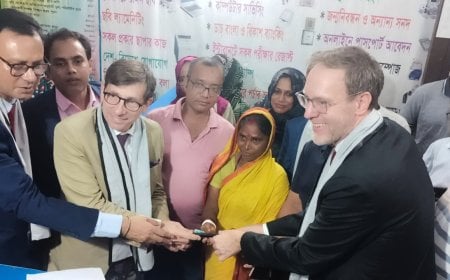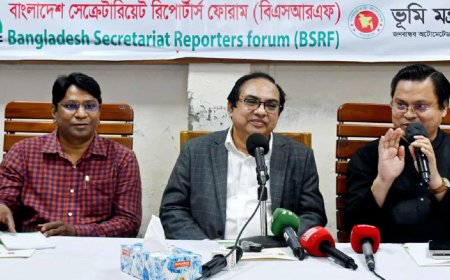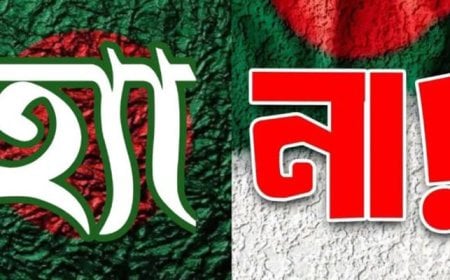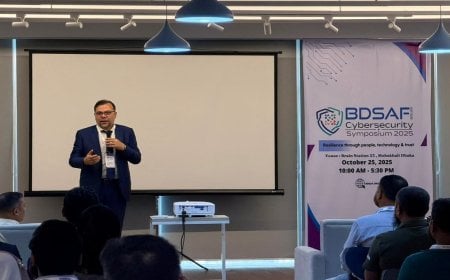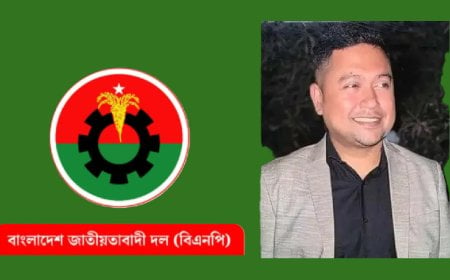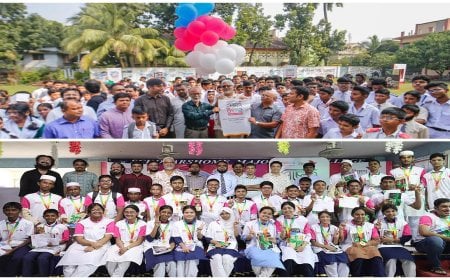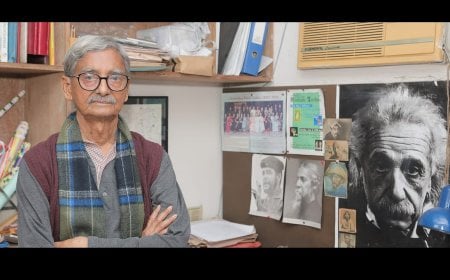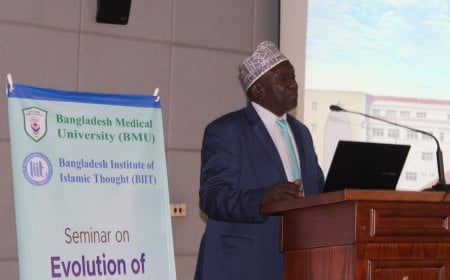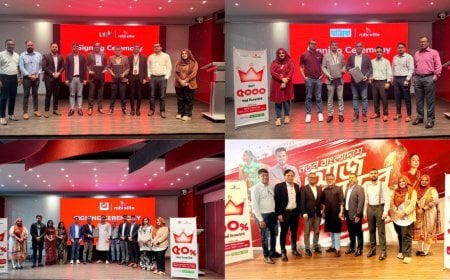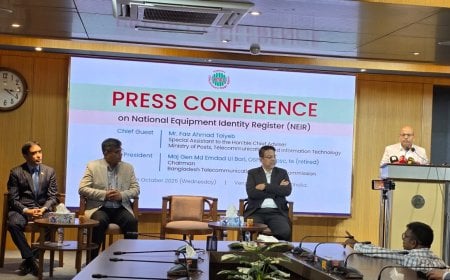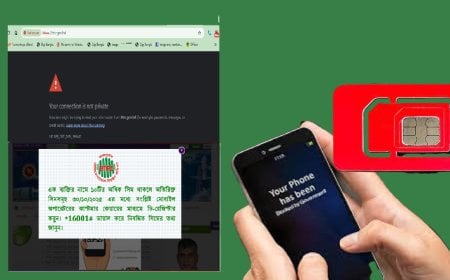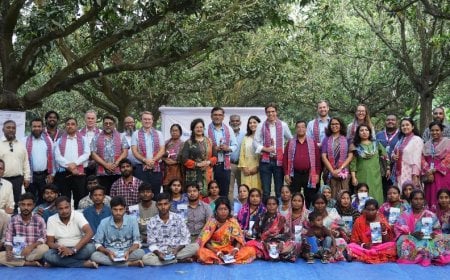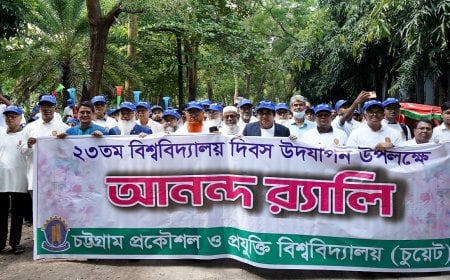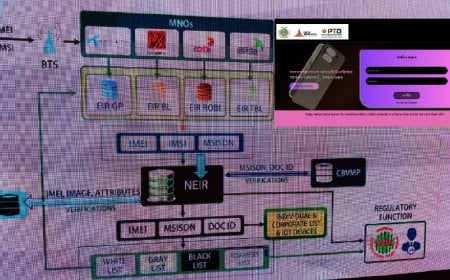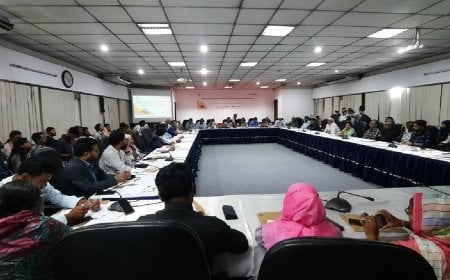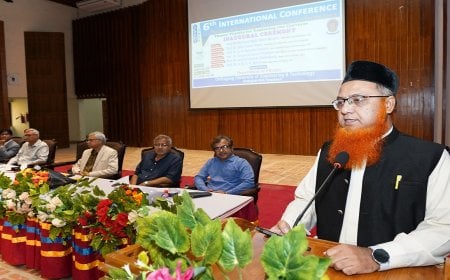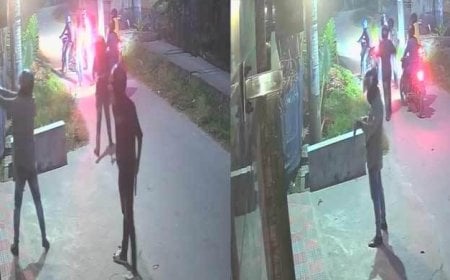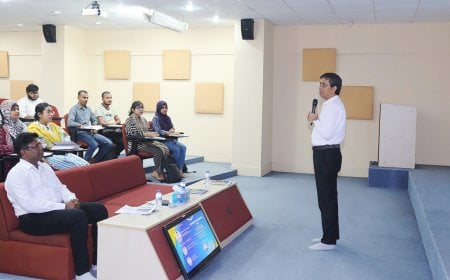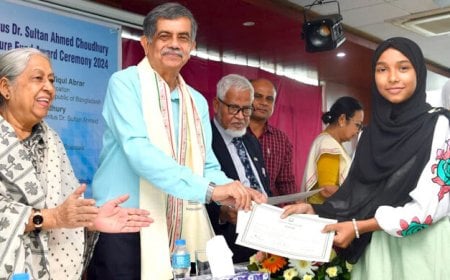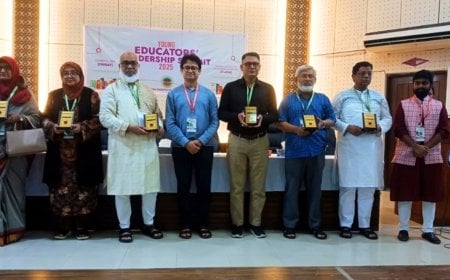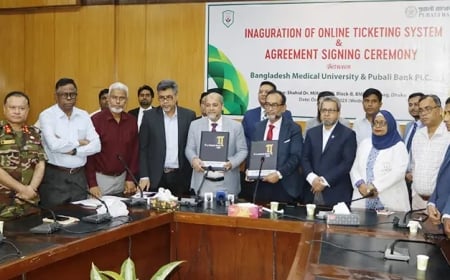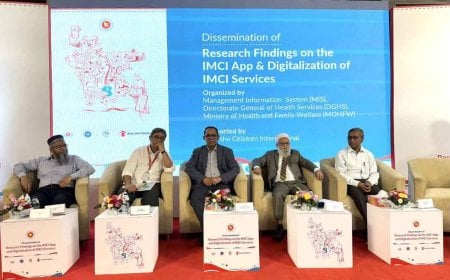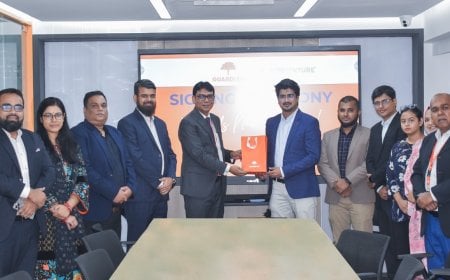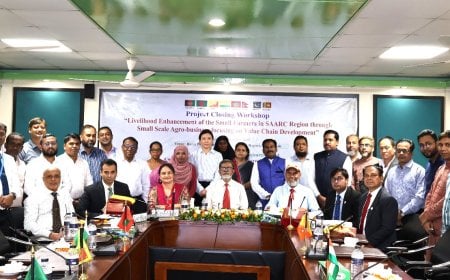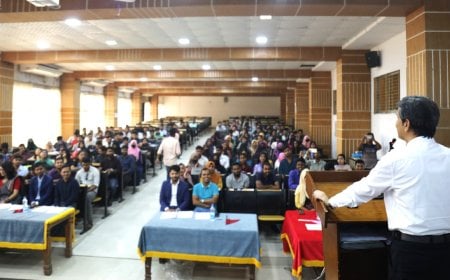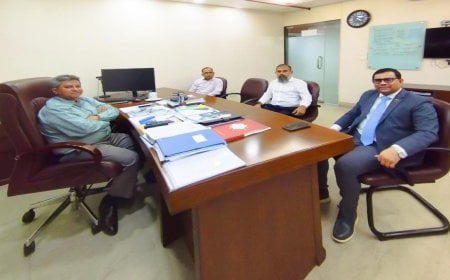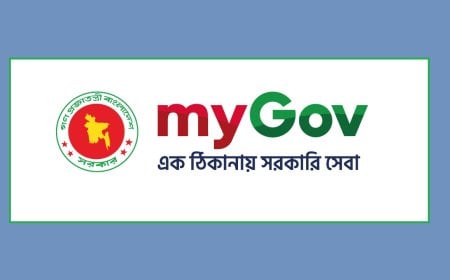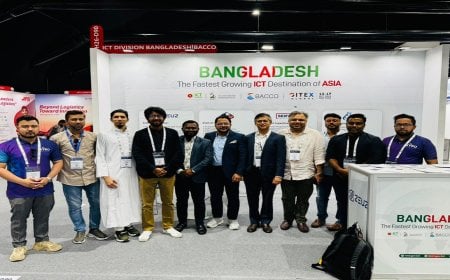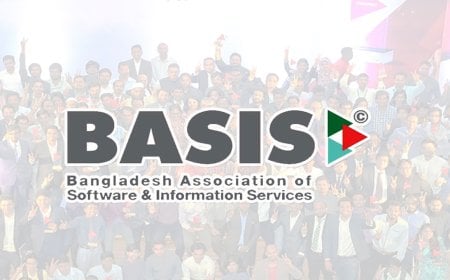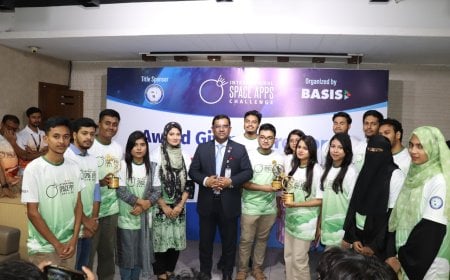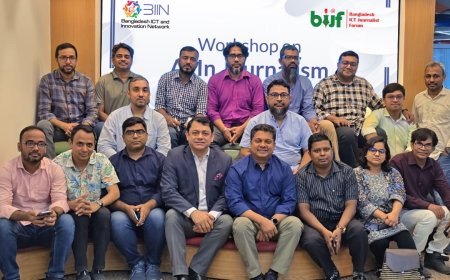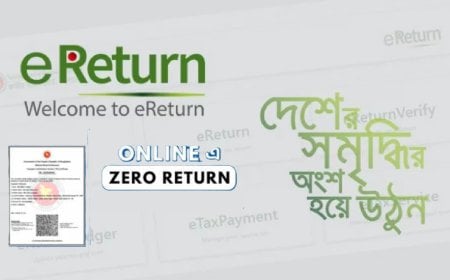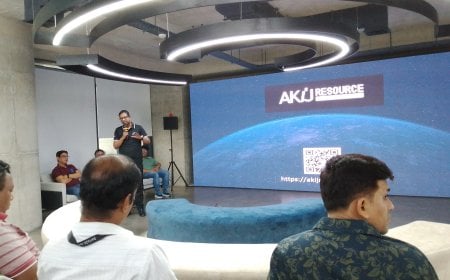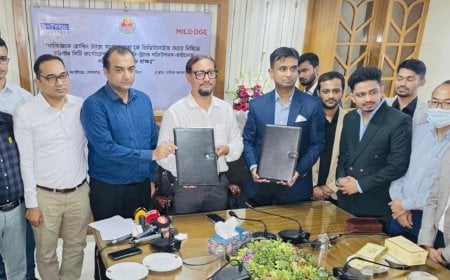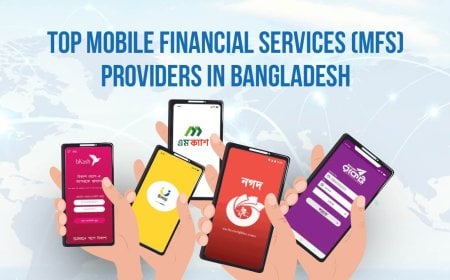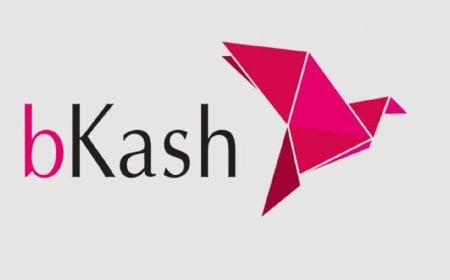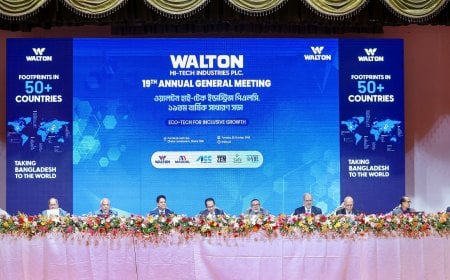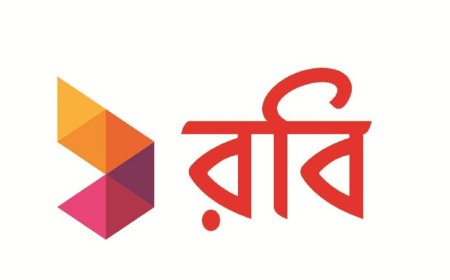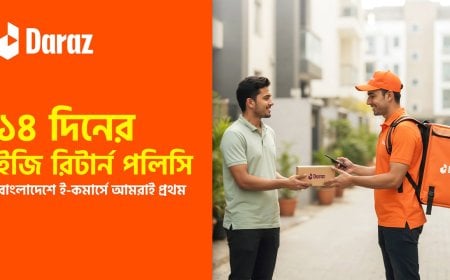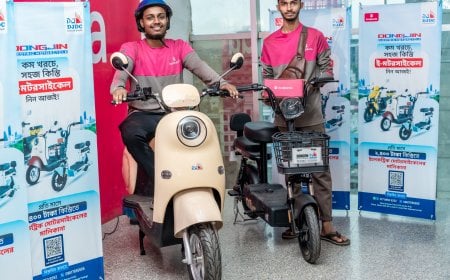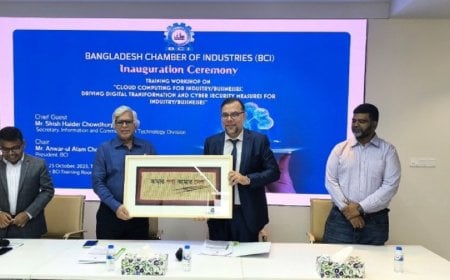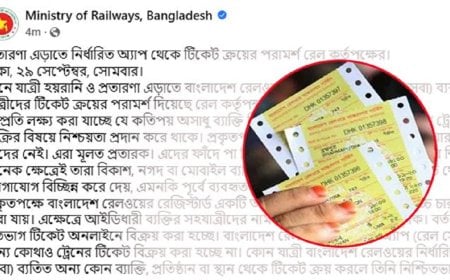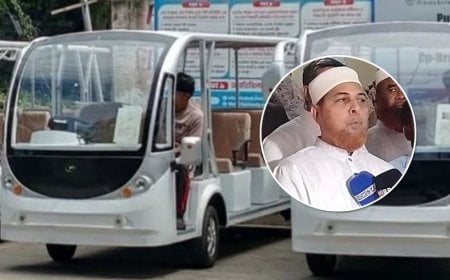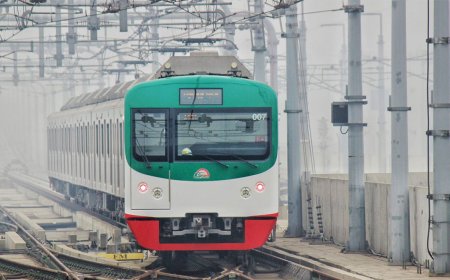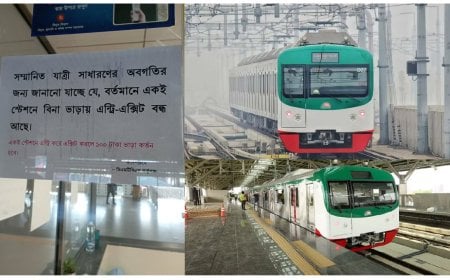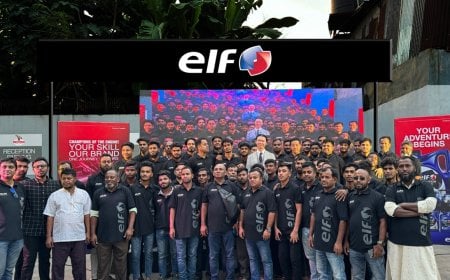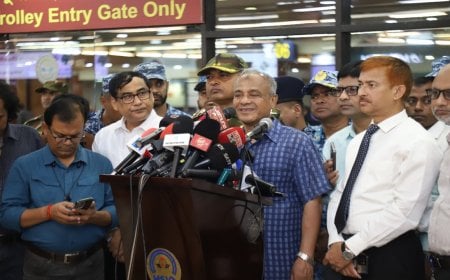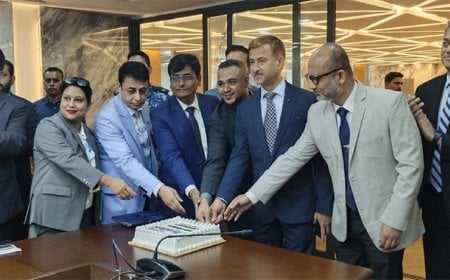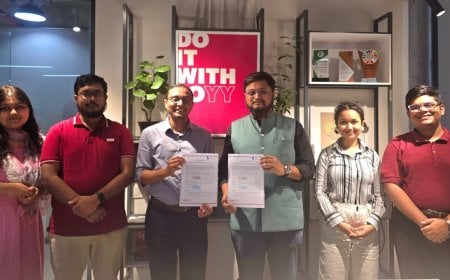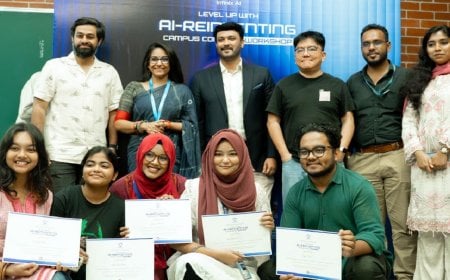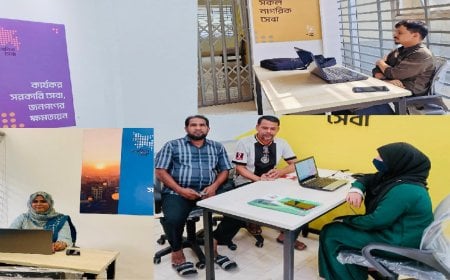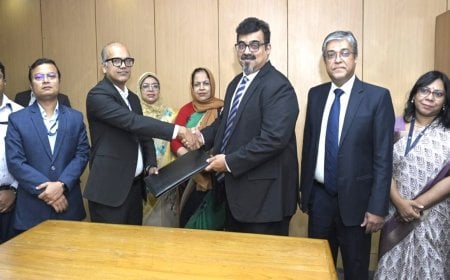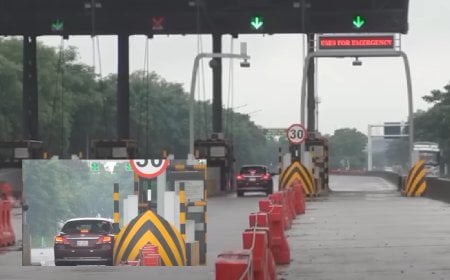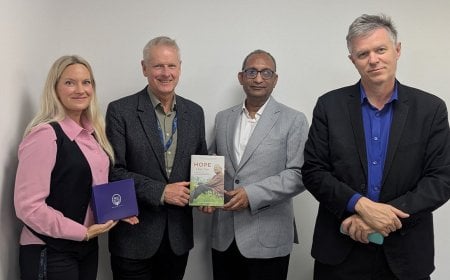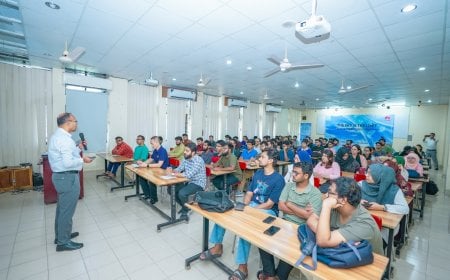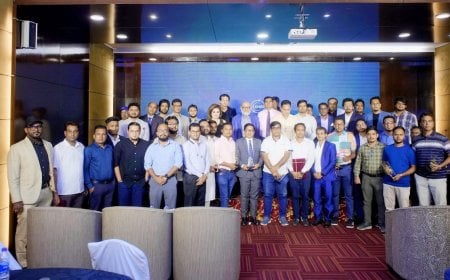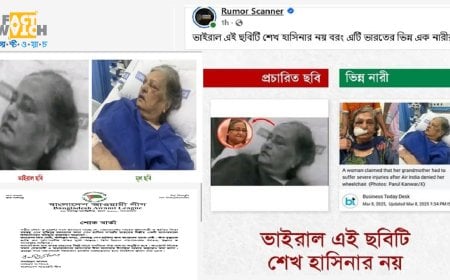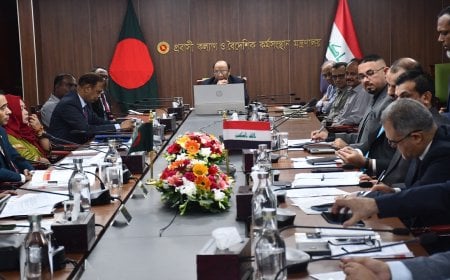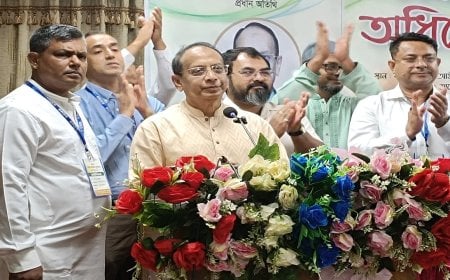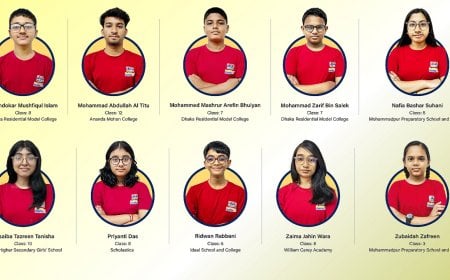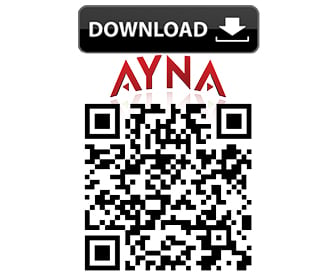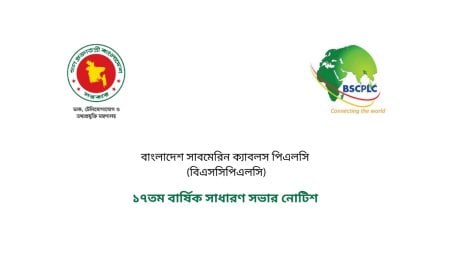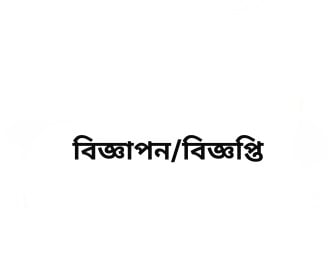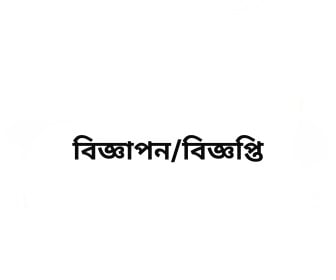Diaspora Decision Deferred: Voting Methods for Expatriates Await April 20 Report

Regardless of the method—postal ballot, online voting, or proxy—Bangladeshi expatriates must first complete online registration to become eligible voters, Election Commission (EC) Secretary Akhtar Ahmed confirmed on Tuesday. The decision on which voting method will be implemented will be revealed after April 20, following the submission of a report by an advisory committee formed to explore feasible options for overseas voting.
Speaking to reporters at the Election Commission headquarters after a meeting, Akhtar Ahmed said, “An advisory team has been formed. Three separate teams are working on three different methods. They will submit their reports by the 20th.”
Earlier, on April 8, following a meeting with leading technology experts, Election Commissioner Abul Fazal Md. Sanaullah stated, “The Chief Adviser mentioned the right to vote for expatriates in his first address. The Election Commission shares this expectation. We have studied 178 countries and found that 115 of them have made voting arrangements for their citizens living abroad.”
He added, “The most widely practiced method is voting at embassies, followed by postal ballots, and then online or proxy voting. Given the geographical dispersion of Bangladeshi expatriates, embassy voting is limited. Hence, we have shortlisted three options: postal ballot, online voting, and proxy voting. Each method comes with its own set of limitations and advantages.”
Following the presentation of the issue to the Commission, ten teams consisting of experts in election management, law, technology, and electoral systems provided their recommendations during a workshop. Representatives from Dhaka University, BUET, MIST, the Ministry of Social Welfare, and the Ministry of Posts and Telecommunications were also present.
Commenting on these suggestions, the EC Secretary noted, “Among the ten presentations, we reviewed the strengths and weaknesses of all three shortlisted methods. Whichever method we adopt must consider the global dispersion of Bangladeshis and other logistical factors. A hybrid approach will likely be needed since different countries present different challenges. Each method requires mock testing. In all likelihood, limited-scale pilot tests will be conducted for each method, which many countries are already doing.”
He added, “The advisory committee will assess the strengths and weaknesses of each method and propose solutions to address the challenges. Following that, we will sit with relevant stakeholders. InshaAllah, this time we will be able to include expatriates in the voting process.”
During the briefing, the senior secretary of the EC Secretariat also discussed preparations for the upcoming 13th parliamentary election, including procurement and printing timelines for necessary materials.
“The process, from procuring paper to printing, takes about three to four months,” said Akhtar Ahmed. “Based on this backward calculation, once the election date or schedule is confirmed, we will be able to proceed accordingly.”
Regarding the extension of the voter registration deadline, Akhtar Ahmed said, “Whether the deadline will be extended is up to the Commission. The current deadline is April 20.” On electoral reforms, he added, “Reforms will follow the procedures set by the government. However, in response to a letter from the government requesting practical reform proposals, we will send our recommendations by April 30.”
EC officials also mentioned that parliamentary elections require printing of 21 types of forms, 17 types of packets, five types of identification cards, codes of conduct, party symbol posters, election operation manuals, training manuals, and various other documents.
